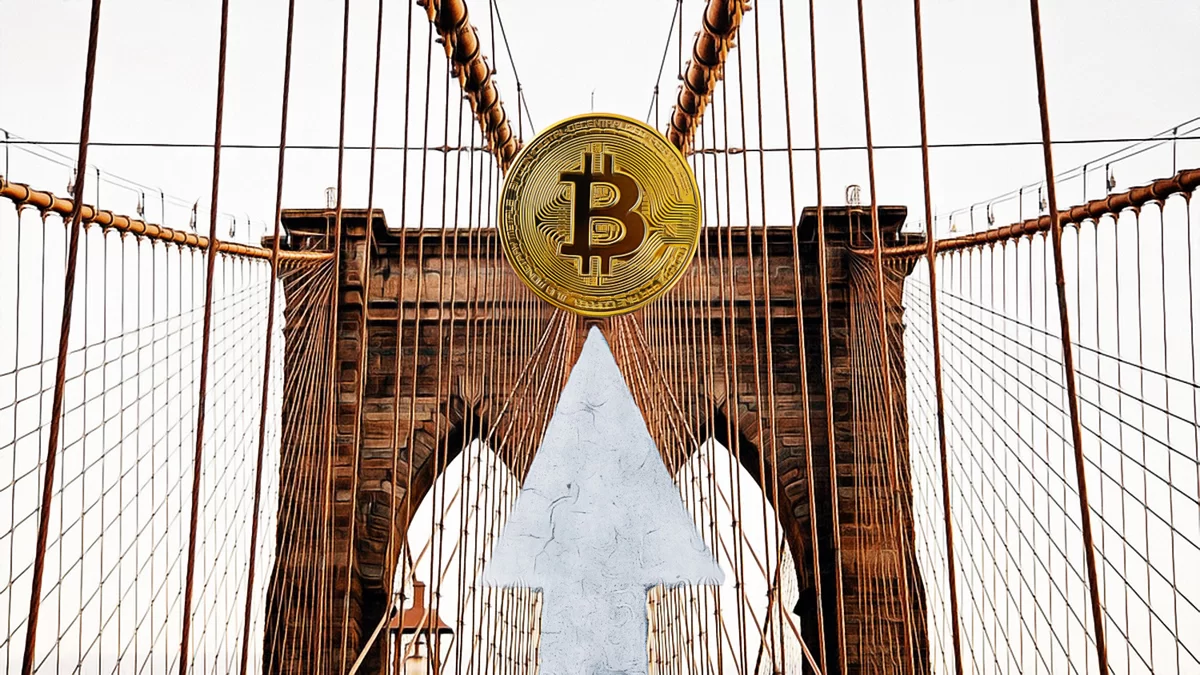A significant ruling has emerged from the Braiscompany case, a fraudulent investment platform operating in Brazil. Three defendants received over 170 years of combined prison sentences for committing large-scale fraud, having raised approximately $190 million from investors. The accused were found guilty of serious crimes, including money laundering, indicating the case’s potential deterrent effect on similar fraudulent activities in the cryptocurrency market.
Braiscompany Operation and Court Ruling
The court sentenced Joel Ferreira de Souza, a central figure in the illegal operations, to 128 years in prison. Alongside him, Gesana Rayane Silva received a 28-year sentence, while Victor Augusto Veronez de Souza was sentenced to 15 years. The trial revealed that the defendants had established a massive pyramid scheme by enticing investors with promises of high profits, placing cryptocurrency transactions at the core of their operations.
The fraud was not limited to profit promises; it was also uncovered that illegal proceeds were laundered through various companies. Court documents emphasized that investor funds were controlled via third parties, attempting to obscure the money’s trail. Joel Ferreira de Souza’s son was also accused of being directly or indirectly involved in the criminal activities.
The ruling included a stipulation that the proceeds from the fraud would be transferred to the state treasury. Authorities have indicated that additional legal measures will be taken to address victim compensation and ensure justice.
Money Laundering Methods and Social Response
The case files detailed the money laundering mechanisms employed during the fraud process. The complex corporate structures, specialized software to conceal fund flows, and virtual wallets were noteworthy elements. All activities conducted under the Braiscompany name exploited the cryptocurrency market’s weak regulatory framework.
Defendant Gesana Rayane Silva played a crucial role in transfer transactions, actively directing investor funds. Similarly, Victor de Souza was alleged to have prepared fake documents and financial reports to maintain the scheme’s sustainability.
Following the trial, notable social media reactions included statements from attorney Artêmio Picanço, representing the victims. Picanço argued that the money collected should be distributed directly to the victims. This call garnered support from circles aiming to prevent losses for small investors.
Cryptocurrency Regulations in the Spotlight
The repercussions of the case extended beyond Brazil. Internationally, discussions intensified regarding the inadequate regulations in the cryptocurrency market, which harbors vulnerabilities to fraud. Authorities announced they are working on new regulations to combat similar structures.
Experts emphasize the need for transparency requirements and certification processes for platforms to protect investors. Furthermore, the court ruling is deemed critical for boosting confidence in the sector and preventing similar fraudulent activities.








